The role of Austria in destruction of WILDRivers in the Balkans and Romania
Austria is a country which is proudly marketing its nature as a tourism highlight. It is actively working towards the 2% Wilderness target and the six National Parks are best practice examples in many respects when it comes to nature conservation. The Wetlands of the Salzach, Mur and along the Danube are being restored with millions of Euros. New protected areas and Wilderness are being established.
But Austria also has another face just like Dr. Jekyll and Mr. Hyde. While Austria has started to realize that nature is worth protecting and is investing millions in protection and restoration projects, Austrian companies and banks are playing a crucial and active role in the destruction of Europe´s last old growth forest and wild rivers.
Nature Conservationists estimate that during the last 10 years Romania lost almost 120.000 ha of prime forest due to illegal logging practices. The Austrian forestry company Schweighofer (Vienna) is one of the largest wood processing company in Romania. According to numerous reports Schweighofer is under scrutiny by the Romanian authorities to have bought illegal cut timber. WWF has undertaken the first steps to shed some light into their activities and is demanding from the EU immediate clarification of the situation.
Europe´s last wild rivers are found in the Balkans. The river Vjosa is the last unobstructed river from its the spring to its delta in the Mediterranean without any dam. Austrian companies are key to numerous hydroelectric projects in Albania, Bosnia and other countries. The Kelag (Klagenfurt) is planning a large hydroelectric dam in the Sana river and Enso (Raaba-Grambach) is planning a hydroelectric dam on the river Langarica. Sometimes these projects are even financed by the Austrian Development Bank (Österreichische Entwicklungsbank). Thanks to the work of fellow NGOs like Riverwatch and Euronatur, the EU has become aware of the potential damaging effects of these investments and are demanding that Albania is abiding by European Environmental Standards.
It may come as a surprise to many Austrians that a country protecting so vigorously its nature at home and investing millions in the restoration of degraded habitats is often at the center of destruction of Europe´s last old growth forests, Wilderness and wild rivers in other European countries. But as the chances for such nature devastating projects are declining in central Europe, these companies are focusing their efforts on the Balkans and Eastern Europe, since they believe that the resistance to destroying nature is there less due to a lack of civil society movement.
Riverwatch and Euronatur as well as the European Wilderness Society and WWF are some of the NGOs tackling this issue. Articles in newspapers and post in social media and on websites and an increase in public support is increasing the pressure to stop the destruction of Europe´s last natural jewels. Under the slogan of “Save the Balkan Rivers – Stop the Dam Tsunami!“ the Balkan Rivers Tour for example aims to raise awareness about the beauty of the Balkan Rivers and the threats they are facing. Led by former Slovenian Olympic athlete Rok Rozman kayakers from all over Europe will paddle 16 rivers in 6 Balkan countries, starting with the Sava in Slovenia on April 16 and ending at the Vjosa in Albania on May 20.
Help these NGOs and us to protects Europe´s last wild rivers, old growth forests and Wilderness.
Important Websites
- NGO Riverwatch
- NGO Agent Green
- Salzburger Nachrichten Damprojects in the Balkans
- Restoration of the Salzach Wetlands
- WWF on illegal Logging in Romania and Schweighofer
- Kelag Dam on Sana Protests
- European Parliament criticizes Albania for hydropower projects at the Vjosa
- Euronatur on Hydroelectric Projects in the Balkans
- Video on illegal timber transport
- Balkan River Tour: Kayaker padding against dams
- Organized Crime and Corruption Reporting Project and RISE Project

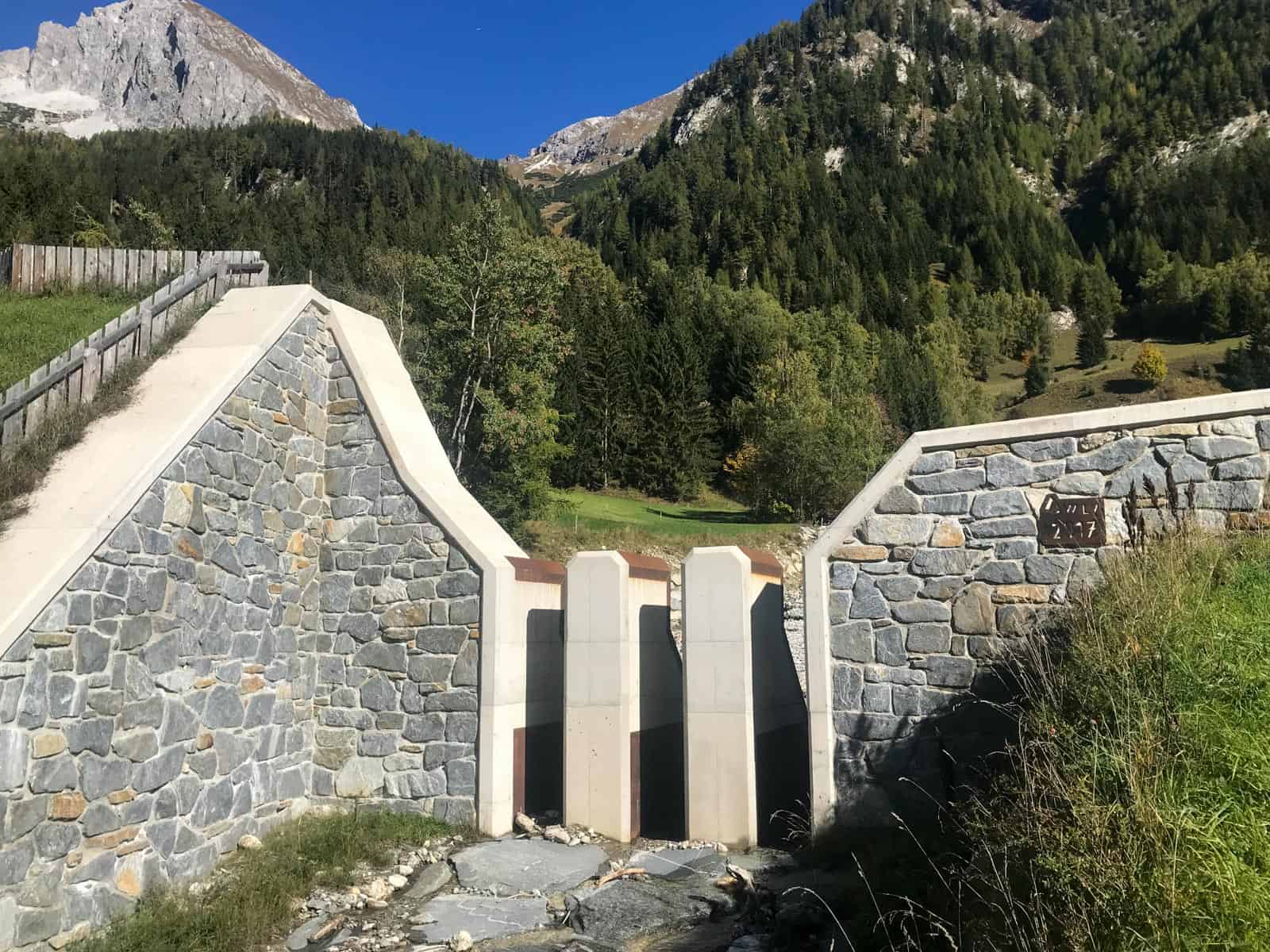
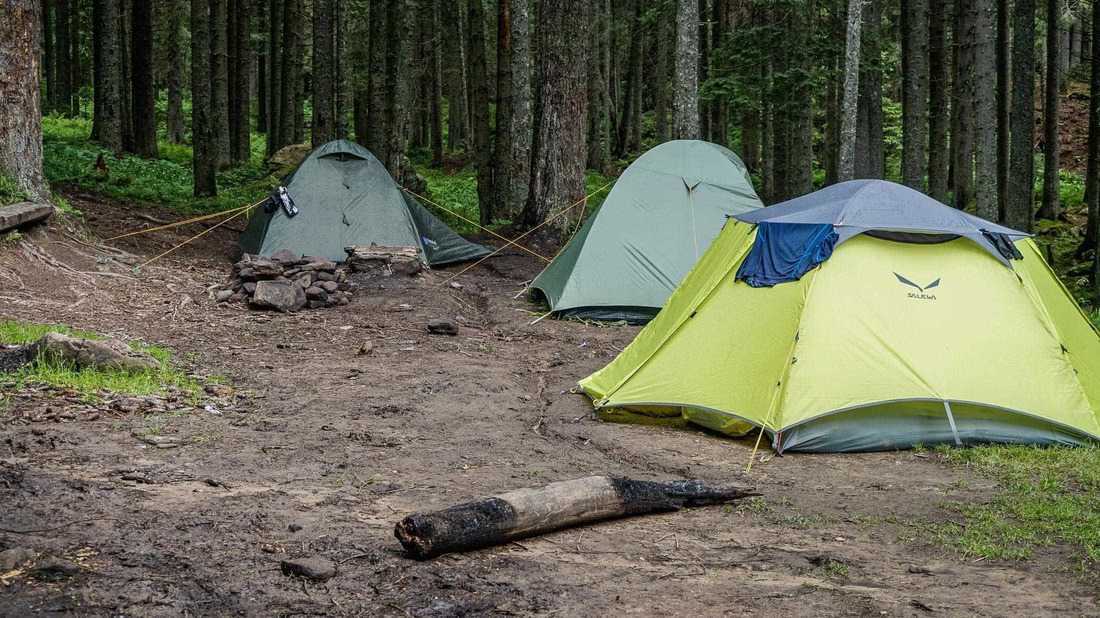
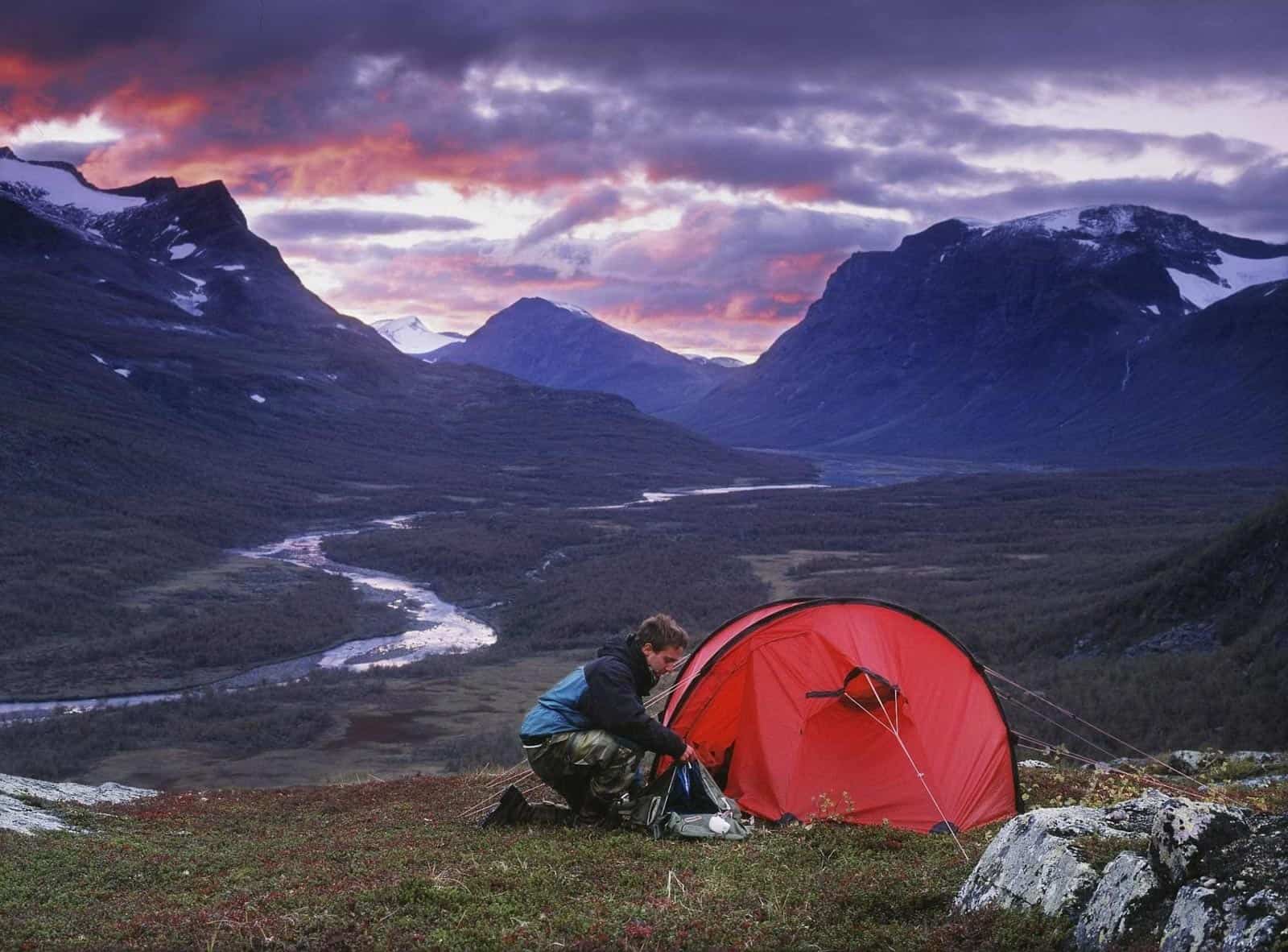
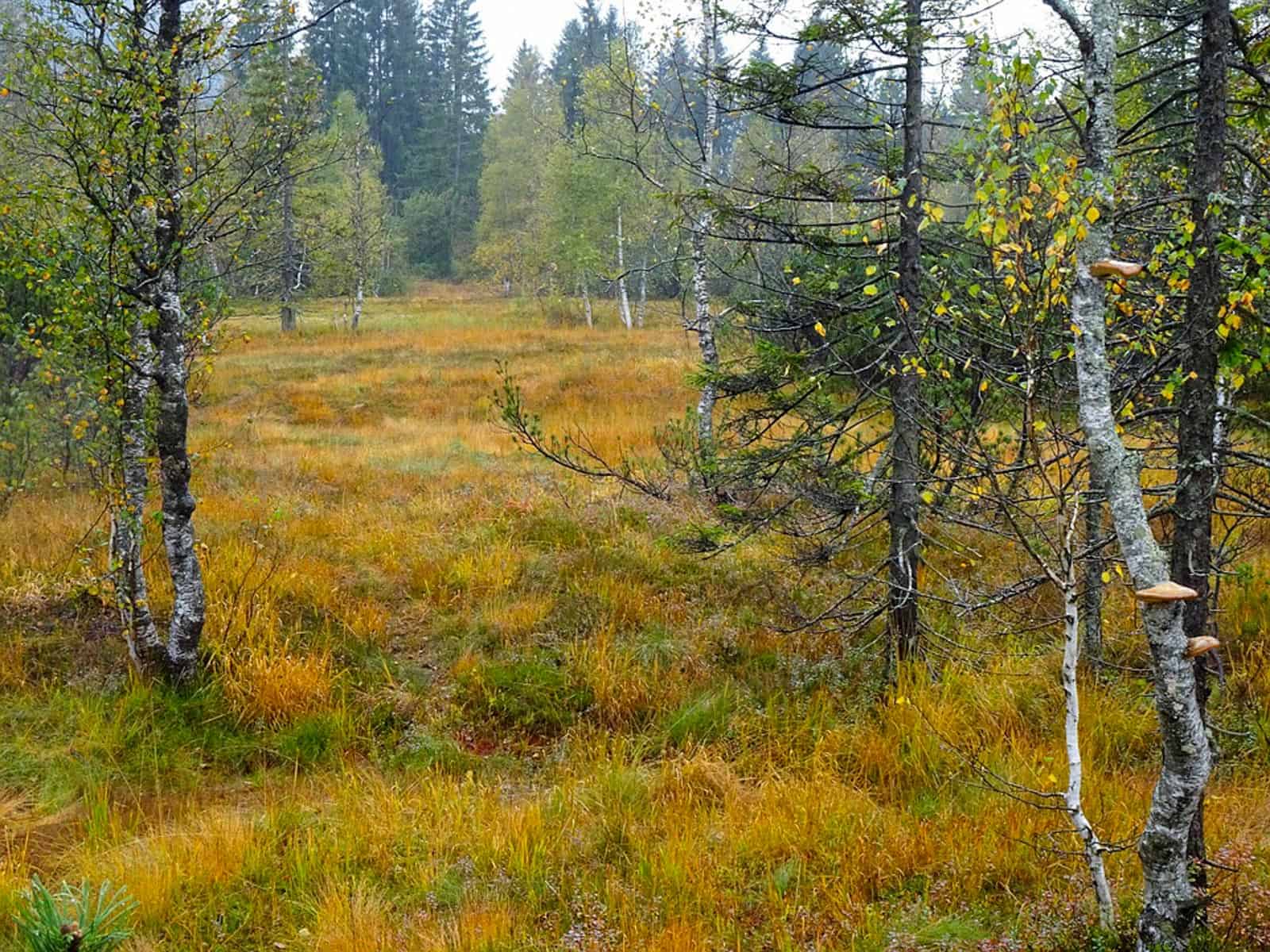
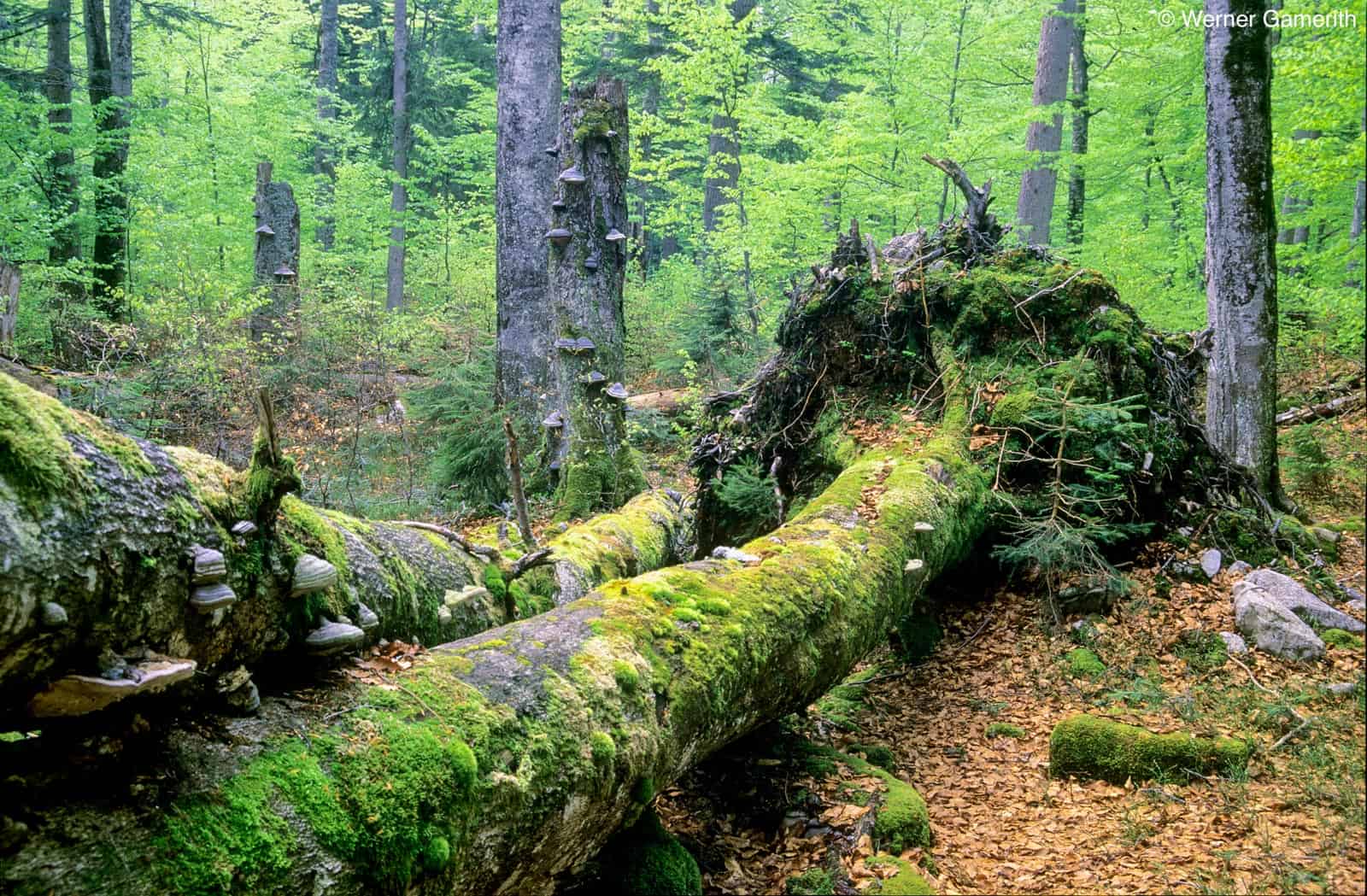
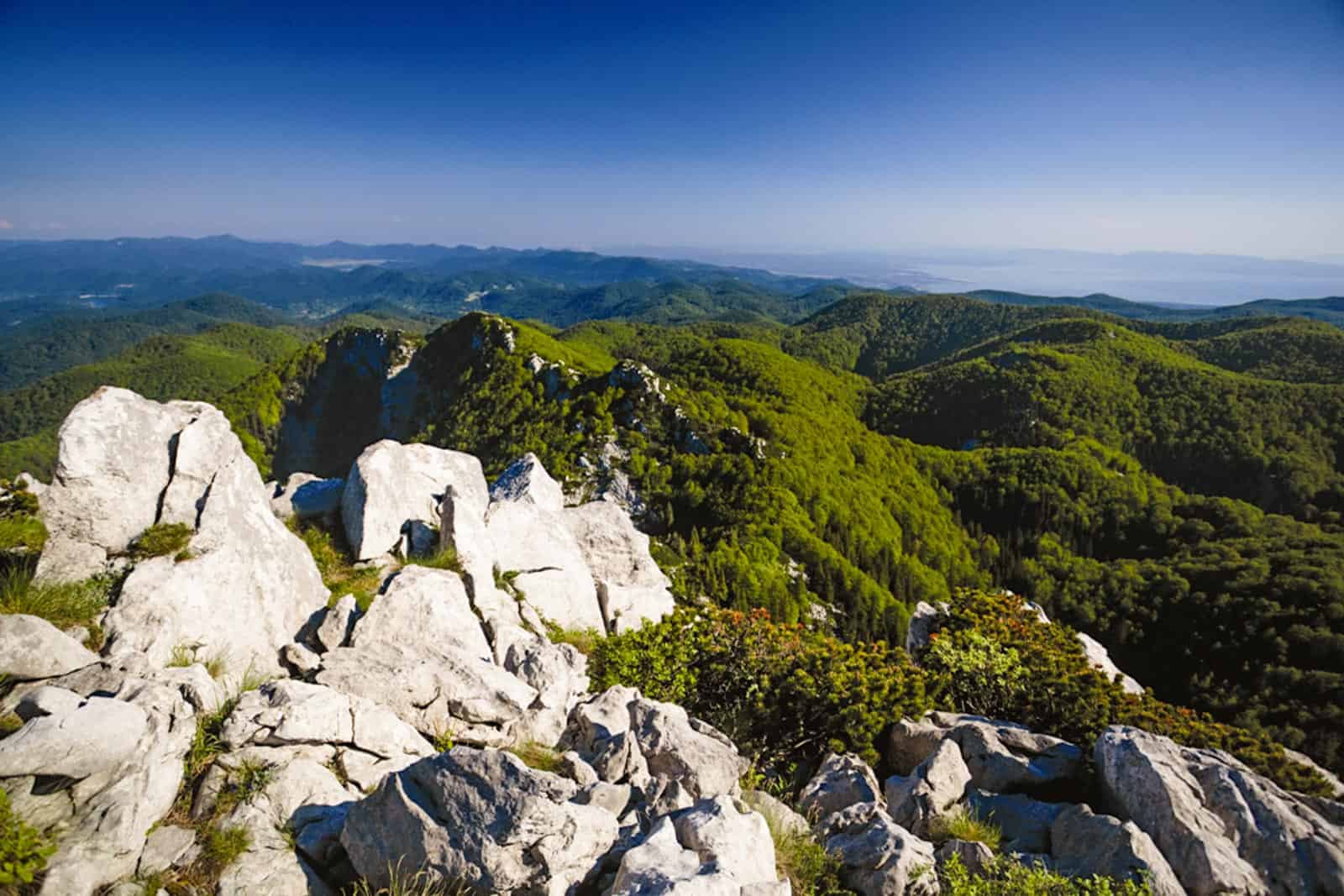
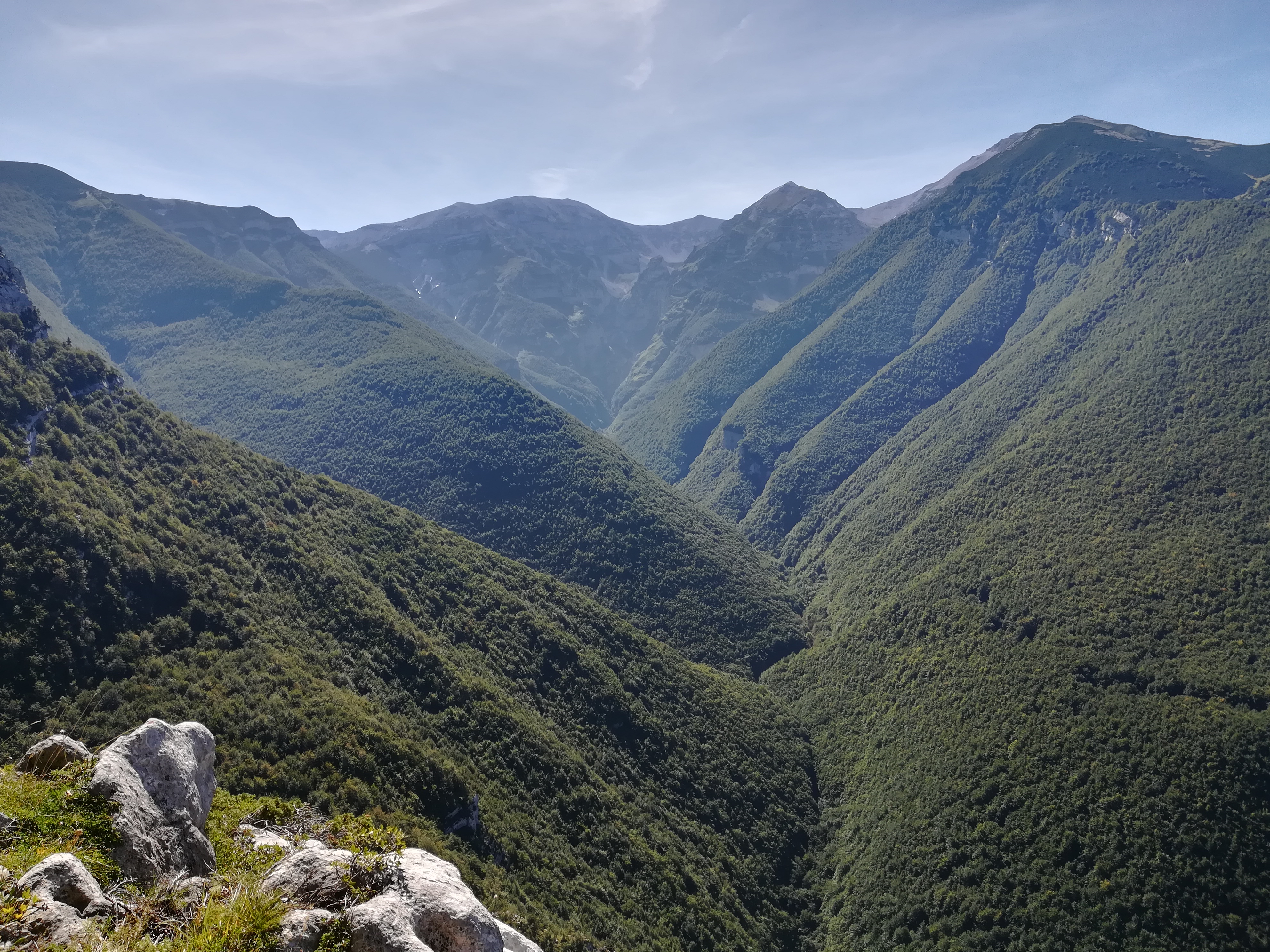

Thanks Max for highlighting these campaigns and the duplicitous role of western players, notably power companies and banks, in South-eastern Europe! Their interest is not to help local consumers to receive electricity or use timber but, e.g. by exporting electricity and timber, to increase their own profits. In fact, there is huge inefficiency and waste of produced energy as well as bad payment habits in the region, partly reacting to non-reliable electricity supplies. Destroying these still intact natural resources does not improve local consumer habits or improve efficiency of existing energy production but is pure over-exploitation and destruction of ecosystem services that e.g. EU law does not allow. Rivers like the Vjosa constitute the best natural river heritage still left in Europe – a reference area and true classroom for engineers and river scientists to learn how non-altered catchment systems, that cannot be found anymore elsewhere in Europe, actually function.